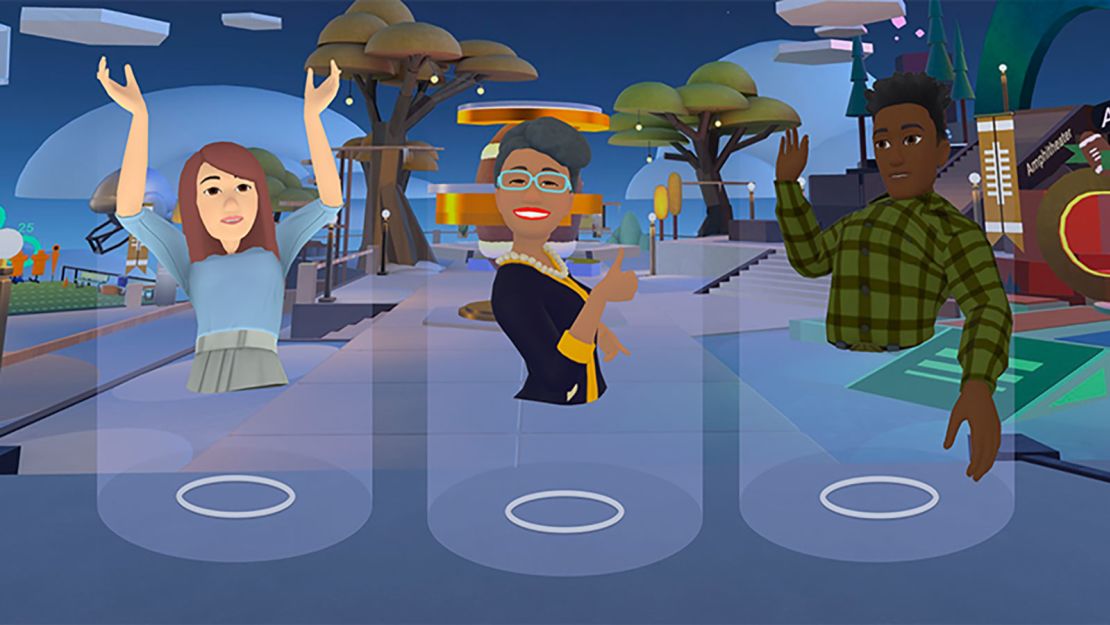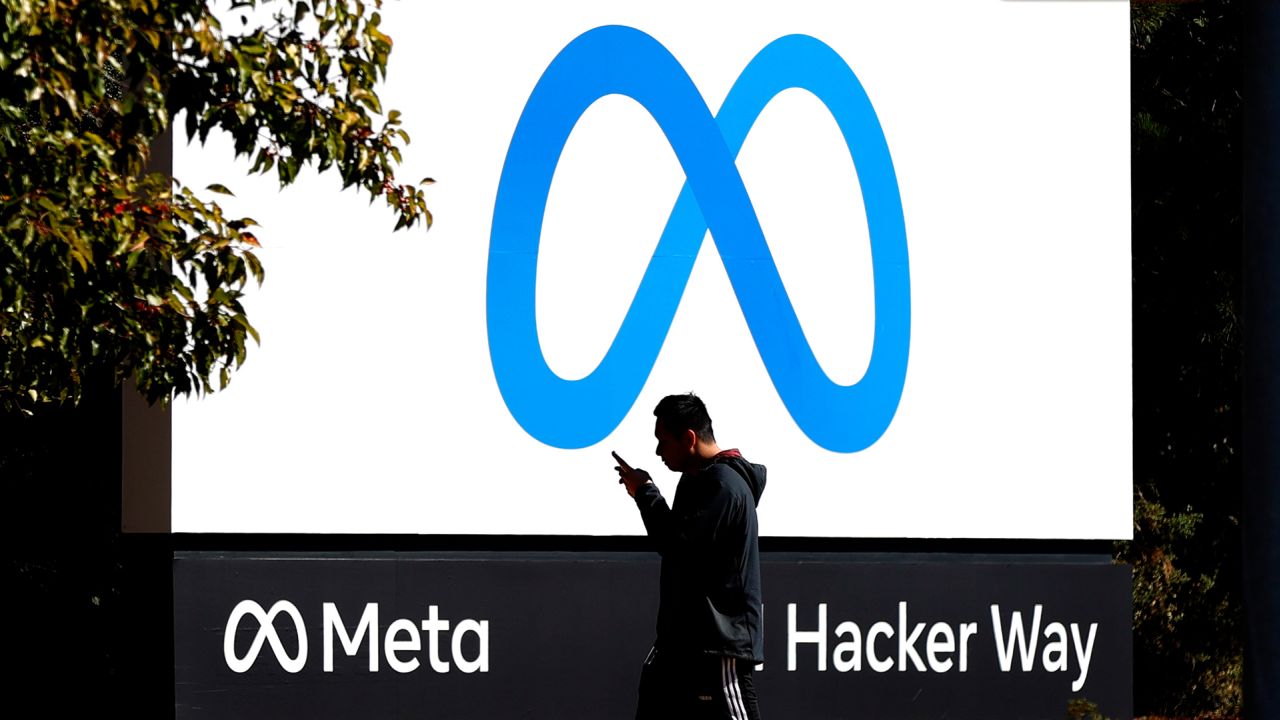Meta, the parent company of Facebook, has a new feature aimed at cutting down on harassment and assault in virtual reality: It will give avatars in its Horizon Worlds social app and Horizon Venues events app an invisible “personal boundary” of four feet to stop others from getting too close.
In a blog post Friday, Horizon vice president Vivek Sharma said the new four-foot distance is being turned on by default for all users of those two apps. With the feature, if an avatar advances to the edges of your boundary, they’ll simply be stopped. Until the introduction of this feature, an avatar’s hands would disappear if theygot too close to another avatar in Horizon Worlds or Horizon Venues. (Horizon Venues can be used with Meta’s Quest and Quest 2 VR headsets; Horizon Worlds works with Quest 2 and Rift S headsets.)

Issues of harassment and assault have long existed online, and in VR as well. The nonprofit Center for Countering Digital Hate reported in December that its researchers identified 100 potential violations of Meta’s VR policies, including sexual harassment and abuse, during 11 hours and 30 minutes spent recording user activity in the social app VRChat, for instance. There have been several recent reports alleging such behavior in VR apps,including in Meta’s Horizon Worlds and Horizon Venues.
While the VR market is still quite small, such problems are likely to become more common as more people use the technology. Meta is a driving force behind growing the VR market, and its Quest 2 headset is by far the most popular. Tech market researcher IDC believes the Quest 2 makes up the majority of an estimated 9.4 million VR headsets shipped in 2021.
Sharma said the personal boundary feature will be turned on by default “because we think this will help to set behavioral norms — and that’s important for a relatively new medium like VR.”
Over time, Sharma said users may be able to do things like customize the size of their personal boundary.
























